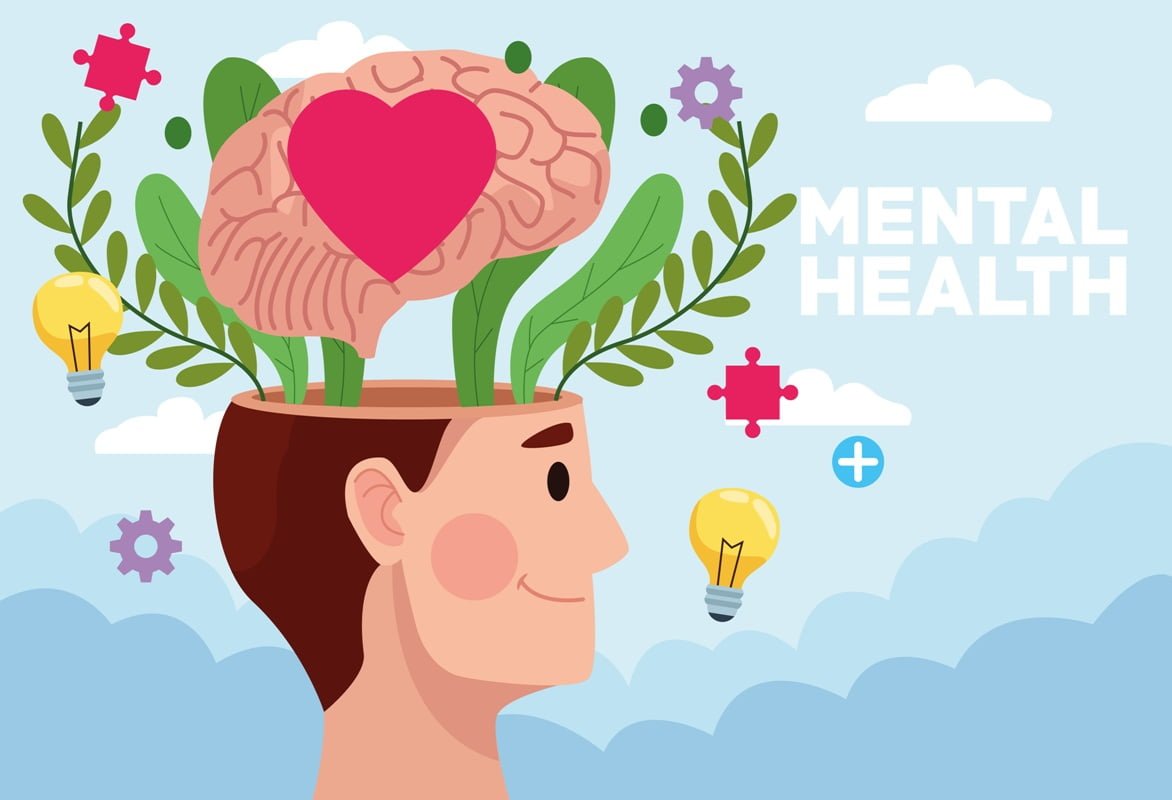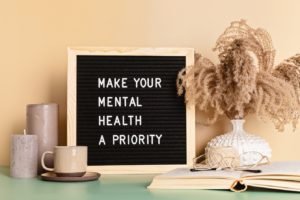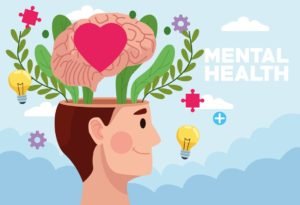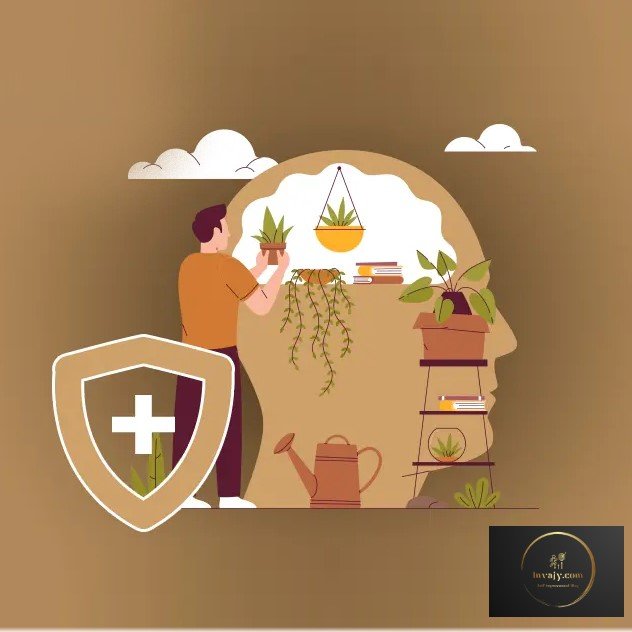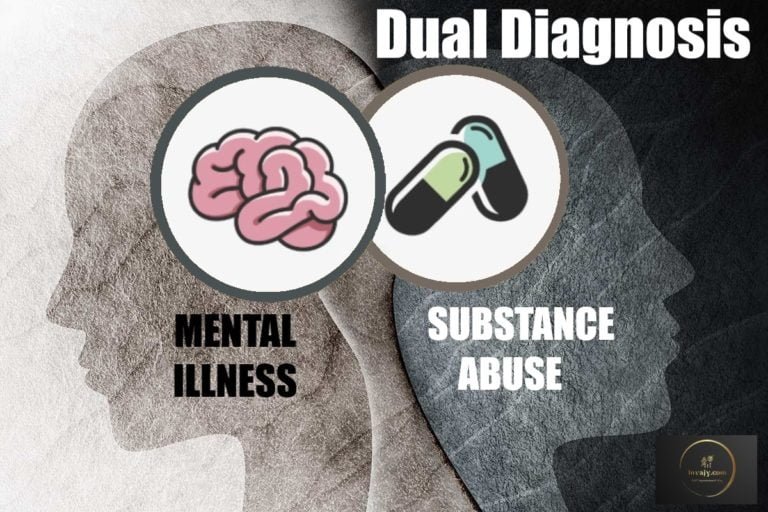7 Ideas To Build Mental Health Literacy
Mental health literacy is essential to improving access to care, reducing stigma, and promoting positive mental health. To improve mental health literacy, educating individuals about the causes, signs, and treatments of mental illnesses is necessary.
What is mental health literacy?
Mental health literacy refers to the beliefs and knowledge that aid in a person’s ability to identify mental disorders, recognize and manage symptoms, and seek appropriate treatment. It’s important because untreated or misdiagnosed mental illness can negatively impact your life.
If you do not get proper treatment, these feelings could worsen. Mental health illiteracy can lead to poor outcomes, including suicide, substance abuse, and other negative behaviors. These problems can affect people’s lives, families, and communities.
Components of mental health literacy
Noted researcher Anthony Jorm explained that mental health literacy consists of seven components:
- the ability to recognize specific disorders and the knowledge of the causes of mental illness;
- understanding the risk factors of mental illness; and
- seeking mental health information, self-treatments, professional help available, and attitudes that promote recognition and appropriate help-seeking.
In addition, research has shown that people with higher levels of mental health literacy are more likely to seek professional help. In most of these cases, these individuals improve outcomes by increasing the use of mental health care services.
How to increase mental health literacy?
Understanding how your mind works and knowing when to seek help are your first steps toward mental health literacy. Here are more ideas on how to develop mental health literacy:
Educate yourself
The first step to building mental health literacy is educating yourself about mental health issues. Understanding mental health conditions and how they differ from physical ailments is essential.
You should also learn about the different types of professionals who treat mental health conditions. For example, psychologists, psychiatrists, social workers, counselors, and nurses specialize in treating mental health conditions. They often work together to diagnose and treat patients.
Where to learn about mental health conditions?
Numerous resources that can teach you about mental health conditions are available. These include but are not limited to the following:
Mental health books and magazines:
Another educational avenue is through mental health books and magazines. Many libraries offer free access to books and magazines related to mental health. You can even find some books written explicitly for children so they can learn about mental health without fear of judgment.
Websites:
You can find excellent resources from mental health websites that provide information about common mental health conditions, treatments, and prevention strategies. Often, these websites can help you find a professional near your area.
Online courses:
Students worldwide take classes to earn college degrees, graduate school credits, and professional certifications. Online courses also benefit those looking to expand their knowledge about mental health conditions. Many institutions offer different programs ranging from psychology, psychiatry, counseling, and social work.
Social media:
You can search for hashtags related to mental health conditions. Hashtags are keywords that appear next to posts on social media sites. Using these hashtags will allow you to find relevant content related to mental health.
Talk to family members and friends
Aside from reading, talking to others is another way to educate yourself about mental health conditions. Talking to your family and friends can open up conversations about mental health. It can be beneficial when discussing depression, anxiety, and other mental health conditions.
Many people feel uncomfortable bringing these topics up because they don’t want to make others uncomfortable. However, talking to someone else about your struggles can help you gain insight into your condition and learn ways to cope.
Attend educational events
Attending educational events can help you learn more about mental health. Events include conferences, workshops, lectures, and seminars. The purpose of attending these events is usually to share knowledge and experience with others. Local universities, community colleges, and hospitals often host these events.
Many times, different international mental health organizations sponsor these events. If there isn’t one near you, consider creating your own event. For example, you could host a workshop where you discuss mental health conditions and answer questions. Or, if you are interested in psychology, you could organize a seminar where you talk about various psychological theories. You can also organise mental health first aid course to increase awareness about mental health symptoms.
Utilize the power of technology
Technology today is an integral part of people’s lives. People use computers, smartphones, tablets, and other devices daily. Therefore, it makes sense to maximize the power of technology to educate ourselves about mental health conditions.
One of the best ways to do this is through podcasts. Podcasts are audio files you listen to while walking, driving, or exercising. These are perfect for educating yourself about mental health conditions because they allow you to listen to experts speak about specific issues.
Another way to utilize technology is through apps. Nowadays, many developers design apps to perform specific tasks that help people care for their mental health. Other people use different apps to track symptoms, monitor medication, or provide support. There are even apps that connect patients with doctors.
Join support groups
Support groups are an excellent place to meet people with similar experiences. They often consist of individuals with the same mental health condition. Support groups also offer a good resource for learning coping strategies. The online community offers many opportunities to join support groups. You’ll be surprised at how much information you can get from them.
Consult your doctor
Another valuable source of mental health information is your doctor. Your doctor can advise you on medication, treatment options, and any symptoms you might be experiencing.
Sometimes, even though you know what you need to do, you aren’t sure how to do it. That’s why health experts recommend seeking professional help. A psychiatrist, psychologist, counselor, therapist, or social worker can help you understand your situation better and offer guidance.
Engage in self-care activities
Lastly, don’t forget to take care of yourself. Self-care activities are essential to maintaining a healthy mind and body. Self-care includes eating well, sleeping, exercising regularly, and taking time off work.
You should engage in self-care activities whenever possible. These activities will ensure that you remain physically and mentally fit. It will also keep you away from getting sick. Of course, it always goes without saying that having a healthy diet and regular exercise regimen is essential to keep your mind and body healthy.
Mental Health Literacy Impact
Here are should examples how mental health literacy impact about understanding of mental illness. A person with good mental health awareness know:
- Depression is not the same as having a bad day
- OCD is not the same as being organized
- ADHD is not the same as being hyperactive
- Anxiety disorder is not the same as feeling stressed before an interview
- PTSD is not the same thing as feeling upset
- Schizophrenia is not a split personality
- Panic disorder is not the same thing as being afraid
- Bipolar disorder is not same as being moody
- People with mental health problems get better and many recover completely
Final thoughts
Mental health literacy is something that everyone needs. Whether you’re dealing with a mental health condition or not, you still want to learn more about it. By following the tips mentioned above, you can begin to build mental health literacy and help others live happier and healthier lives too.

